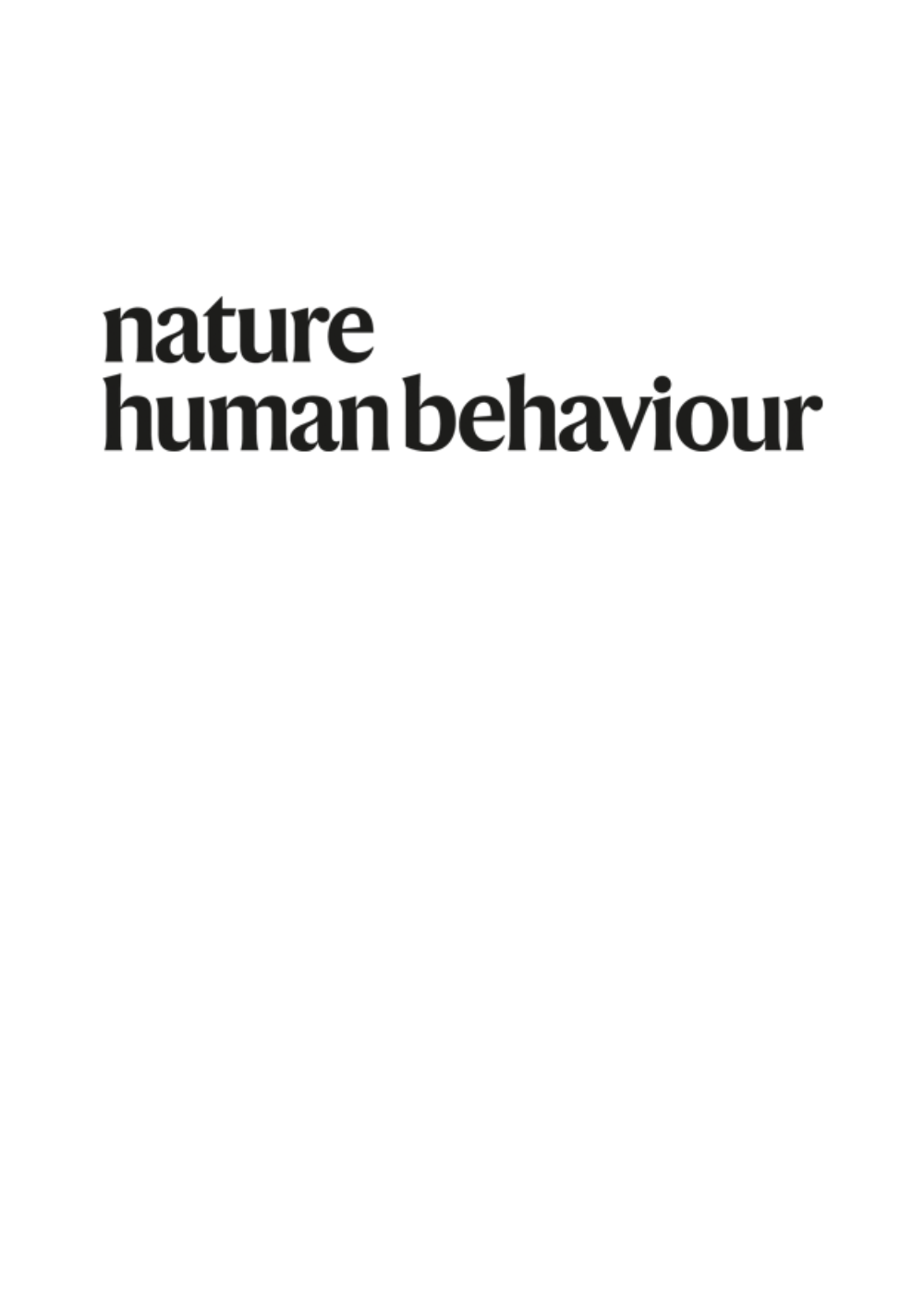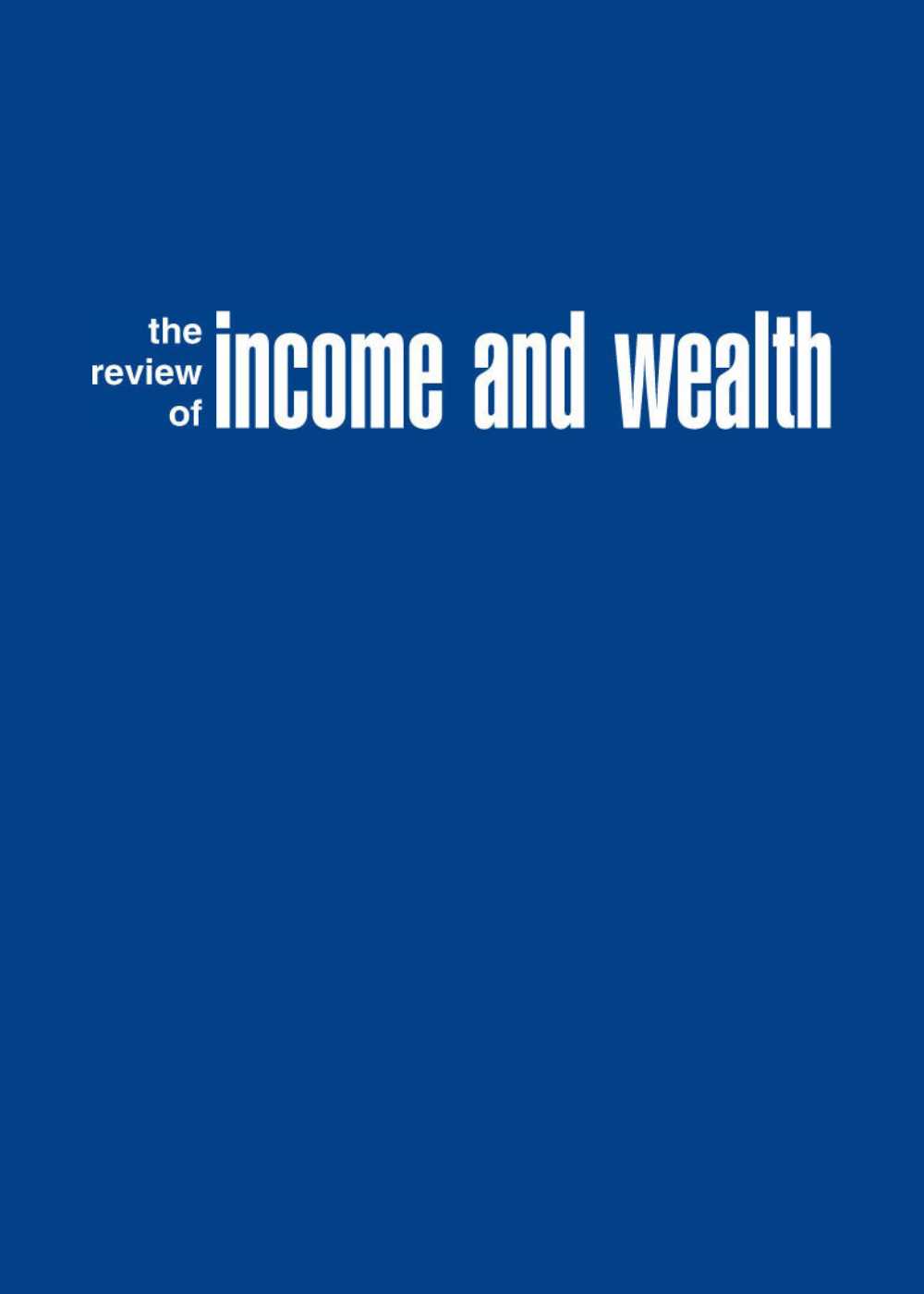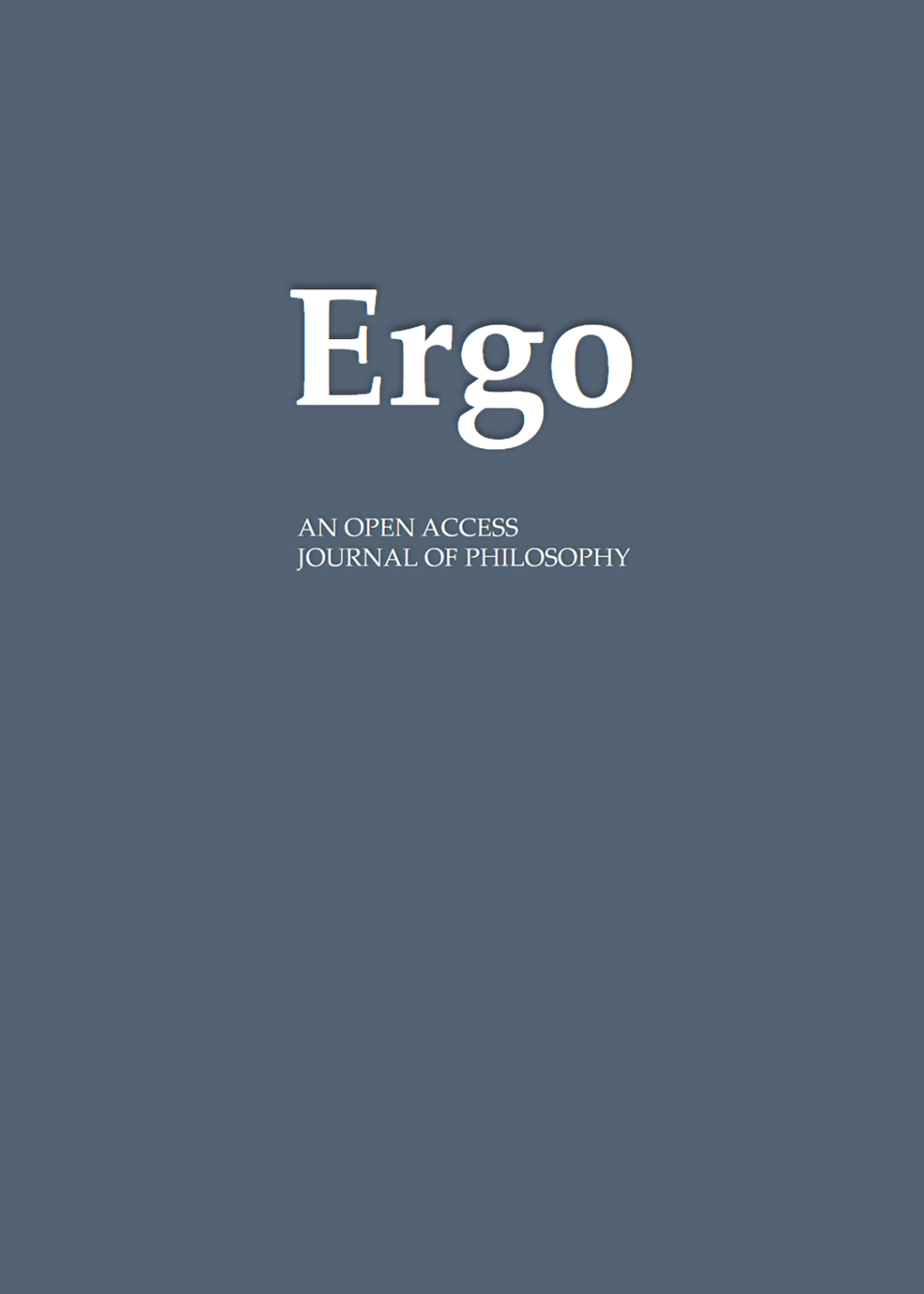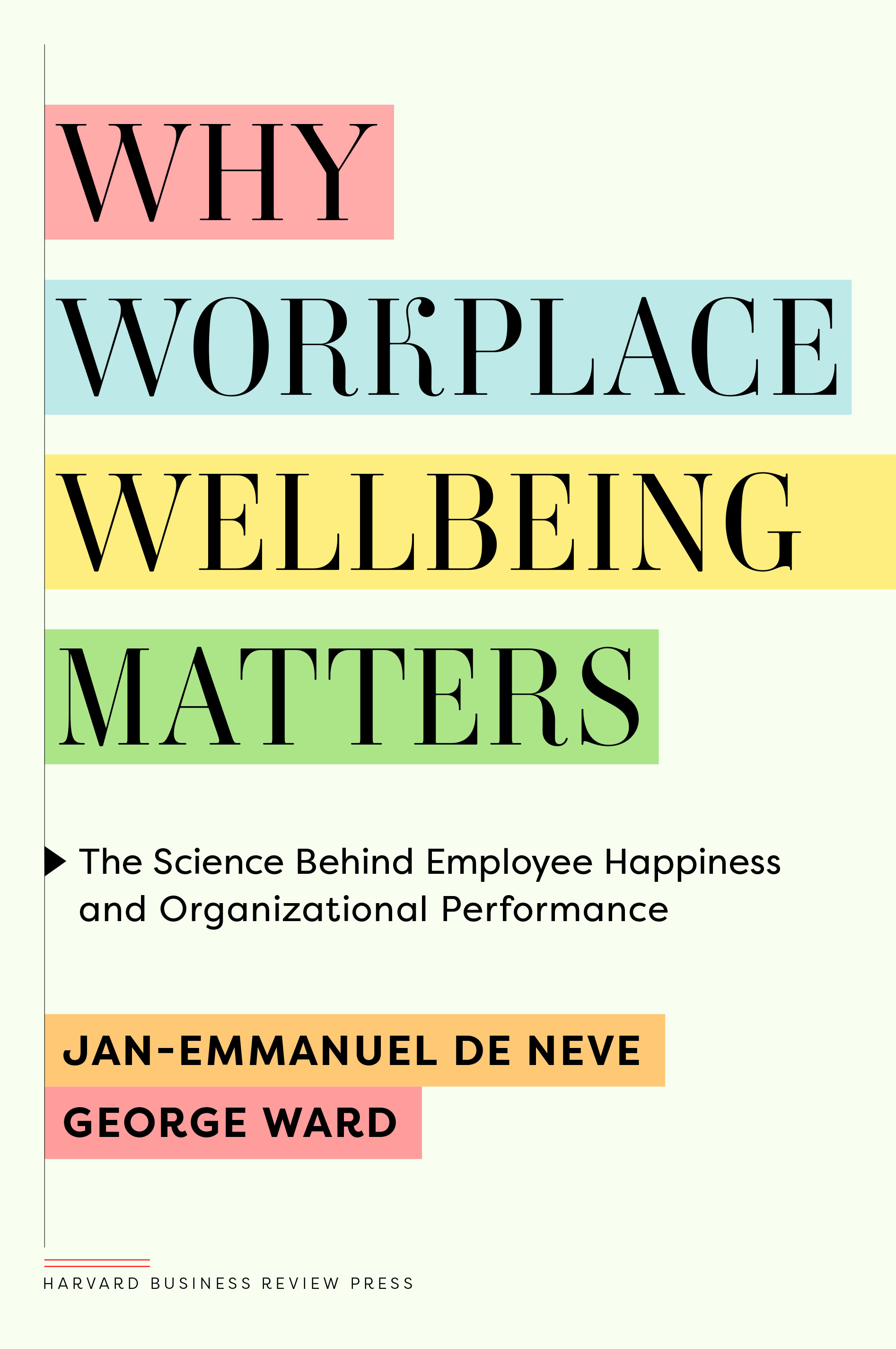
A Happy Possibility About Happiness (And Other Subjective) Scales: An Investigation and Tentative Defence of the Cardinality Thesis
PhilPapers
Michael Plant
Abstract
There are long-standing doubts about whether data from subjective scales—for instance, self-reports of happiness—are cardinally comparable. It is unclear how to assess whether these doubts are justified without first addressing two unresolved theoretical questions: how do people interpret subjective scales? Which assumptions are required for cardinal comparability? This paper offers answers to both. It proposes an explanation for scale interpretation derived from philosophy of language and game theory. In short: conversation is a cooperative endeavour governed by various maxims (Grice 1989); because subjective scales are vague and individuals want to make themselves understood, scale interpretation is a search for a focal point (Schelling 1960). A specific focal point it hypothesised; if this hypothesis is correct, subjective data will be cardinally comparable. Four individually necessary and jointly sufficient conditions for cardinal comparability are specified. The paper then argues this hypothesis can be empirically be tested, makes an initial attempt to do so using subjective well-being data, and concludes it is supported. Numerous areas for further research are identified including, at the end of the paper, how certain tests could be used to ‘correct’ subjective data if they are not cardinal.







